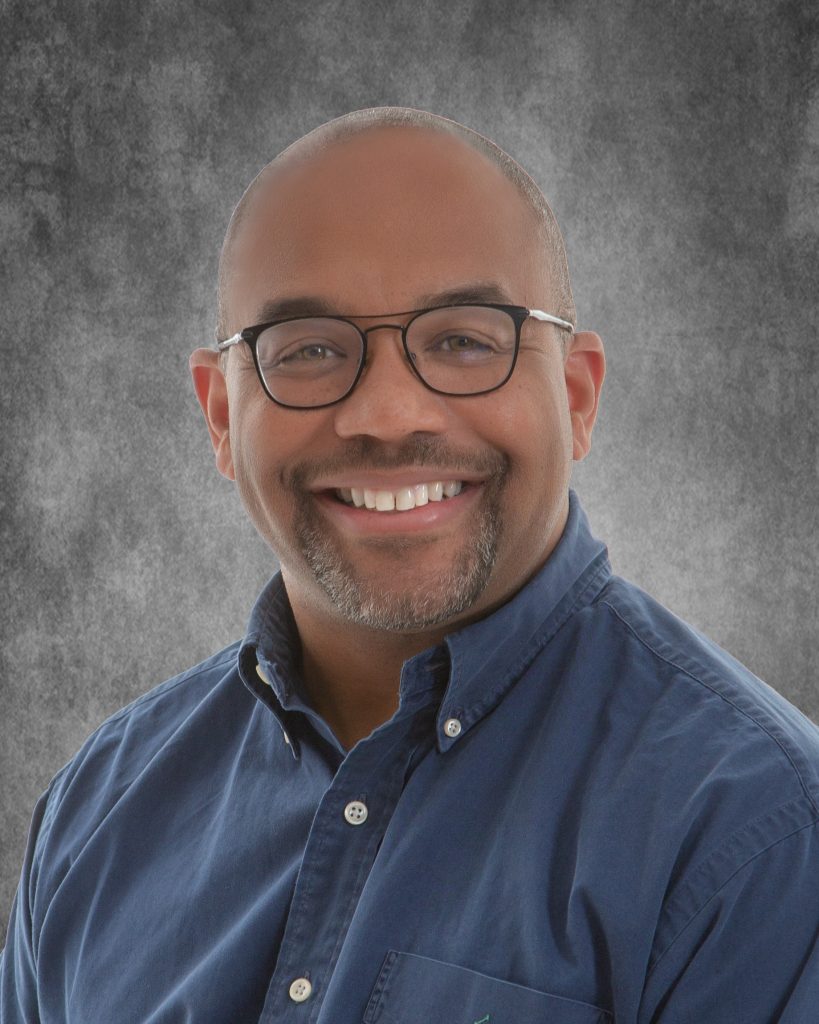 By Wayne Stapleton
By Wayne Stapleton
Vice President of Cross-Cultural Engagement and Emerging Leader Engagement
I was in my office watching the news on my computer when the three charges were read by Judge Peter Cahill of the Fourth Judicial District in Hennepin County, Minnesota.
The camera was on Derek Chauvin’s masked face.
I was nervous. At the top of my mind were the potential violence and mayhem and loss of life that could occur if Chauvin was acquitted of these charges. I feared that such wrongly directed violence would, in the minds of some Christians, overshadow the injustice of the lack of accountability for the murder of George Floyd if Chauvin was pronounced not guilty.
Many have said they experienced a palpable air of anticipation prior to the reading of the jury’s decision. I, too, was on the edge of my seat while waiting for the verdict. I was anticipating what would happen. I had no prediction; I was just waiting to hear it. And I did. As Chauvin’s face remained motionless, the verdict was read:
For the charge of second-degree murder, guilty.
For the charge of third-degree murder, guilty.
For the charge of second-degree manslaughter, guilty.
And I began to weep.
Why?
I didn’t know George Floyd, but I shared something with him. I shared the burden of being a Black man in America. There is a sense of community among African Americans, sometimes unspoken or even unacknowledged by some. This community is borne of our shared status as minorities; it comes from the commonality of experiencing instances of racial prejudice; it comes from the dual feeling of being an individual as well as a member of an identifiable and so-often stereotyped people and gender group; it comes from our historical status as outsiders in a country where we have been for multiple generations.
I texted other members of the NAB Executive Team minutes after the verdict. I told them I was in tears. I wrote them the following: “I think my tears were a release. There was real tension here that the value of a Black man’s life was hanging in the balance. Not just George Floyd’s life, but the category of Black man. Regardless of the specific details and circumstances that led to the 8 minutes and 46 seconds, it felt like the value of my own life and sons’ lives and friends’ lives was somehow up for determination. That’s a weird feeling.”
The reality is, and this sentiment has been shared by many of my African American friends, the innocence or quality of George Floyd’s life was not the issue. He should have been prosecuted to the full extent of the law for any crimes he may have committed. Like anyone should. But to execute him in the street the way Chauvin did, on camera, was too much. Many of us felt that it wasn’t just Floyd under Chauvin’s knee, but we were there too, our sons, our dads and uncles, our brothers and friends.
After the verdict was announced, I didn’t feel happy; I felt, and still feel, relieved. To echo Michigan State Representative Adam Hollier, who made comments on the verdict, it is fascinating that we were unsure of the verdict of a case in which we watched video of an officer killing a man. That says something about the state of America.
The guilty verdict does not bring George Floyd back. The judicial system gave us what we should have expected. A real goal would be for this verdict to hinder police officers from unjustified lethal force on Black people, or anyone else.
And yes, I do hope that men and women of this country, regardless of race, will make decisions that do not put them at risk of murder at the hands of police. Who knows, perhaps someone else’s life will be spared as the result of the verdict. That would be a good thing.